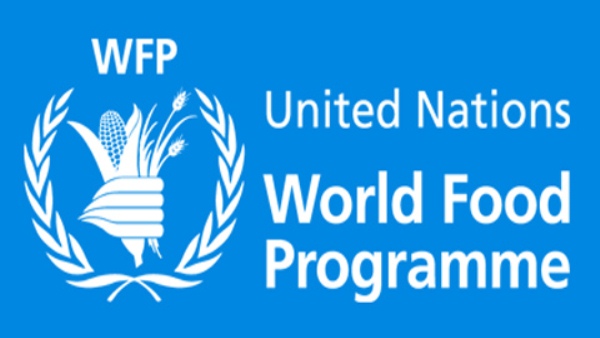
New study reveals huge impact of hunger economy of Malawi
The Cost of Hunger in Africa: The Social and Economic Impact of Child Undernutrition in Malawi report shows that the country loses significant sums of money each year as a result of child undernutrition through increased healthcare costs additional burdens to the education system and lower productivity by its workforce. It estimates that child undernutrition cost Malawi 10.3 percent of Gross Domestic Product in 2012 (most recent year with complete data).
Particularly detrimental are the consequences of stunting. Stunting (low height for age) occurs when children miss out on critical nutrients - including proteins vitamins and minerals -- while in the womb and in the first two years of life. People affected by stunting face lifelong consequences starting in childhood such as frequent illness poor school performance having to repeat classes or dropping out altogether and having low productivity at work.
According to the study which used data from 2012 as the most recent complete set of records 60 percent of adults in Malawi suffered from stunting as children. This represents some 4.5 million people of working age who are not able to achieve their potential as a consequence of child undernutrition. In Malawi where two thirds of people are engaged in manual activities it is estimated that MWK 16.5 billion (US$67 million) was lost due to the reduced productivity of those who were stunted as children.
The study was undertaken in Malawi by the Ministry of Finance Economic Planning and Development in collaboration with the initiative's partners: the United Nations World Food Programme (WFP) the African Union Commission (AUC) the New Partnership of Africa's Development (NEPAD) Planning and Coordinating Agency and the UN Economic Commission for Africa (ECA).
'The study findings have clearly shown that adequate nutrition is critical for one's physical and intellectual development and work productivity and is therefore an integral element for socioeconomic development' says Honourable Goodall E. Gondwe Minister of Finance Economic Planning and Development. 'It is in this context that we are determined as a government to channel adequate resources towards nutrition interventions. Government will also strengthen institutional and human capacity for the effective delivery of nutrition services.'
The Cost of Hunger in Africa is a 12-country study highlighting how undernutrition is not just a health issue but an economic and social one as well that requires multisectoral commitment and investment. So far it has been conducted in six countries in Africa including Malawi. Previously surveyed in southern Africa was Swaziland which was found to lose the equivalent of 3.1 percent of its GDP due to undernutrition.
The continent-wide and multi-partner initiative is led by the African Union Commission Department of Social Affairs within the framework of the Revised African Regional Nutrition Strategy (2005-2015) and aligned to the objectives of the African Task Force on Food and Nutrition Development (ATFFND) and the principles of pillar 3 of the Comprehensive Africa Agriculture Development Programme (CAADP).
The findings of the Malawi report show that in order for Malawi to achieve sustainable human and economic growth special attention must be given to the early stages of life. Without measures to combat and eliminate undernutrition the cost to Malawi at current rates could increase at a higher pace by 2025 leading the country to not meeting the World Health Assembly global target for reduction of stunting.
The Cost of Hunger report comes at a crucial time for Malawi. Earlier this year the southern part of the country suffered flooding which affected more than 1.1 million people a quarter of whom were displaced from their homes. With huge areas of arable land lost in the floods the food security outlook was made worse when in March severe dry spells badly affected crops across the country. The Government estimates a 28 percent reduction in maize production alone this year. This is likely to mean that already-vulnerable people could be pushed deeper into food insecurity during the lean season later this year and early next year.

Legal Disclaimer:
MENAFN provides the
information “as is” without warranty of any kind. We do not accept
any responsibility or liability for the accuracy, content, images,
videos, licenses, completeness, legality, or reliability of the information
contained in this article. If you have any complaints or copyright
issues related to this article, kindly contact the provider above.


















Comments
No comment